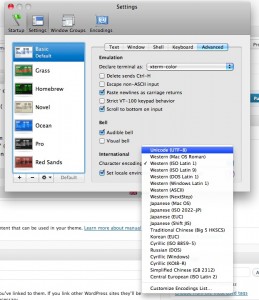Sometimes (especially in one-liners) you want to assign a value only if a corresponding regex (regular expression) that picks out the value matches. I.e if it has once matched you don’t want it overwritten with undef if the regex later fails on a subsequent row in your file.
This can be solved thusly:
$var = $1 if (/Correct (\d)+ %/);
The above snippet will assign $var if the regex on the right hand side matches and picks out a value (via the capturing parenthesis on the right hand side and otherwise leave it unchanged.
